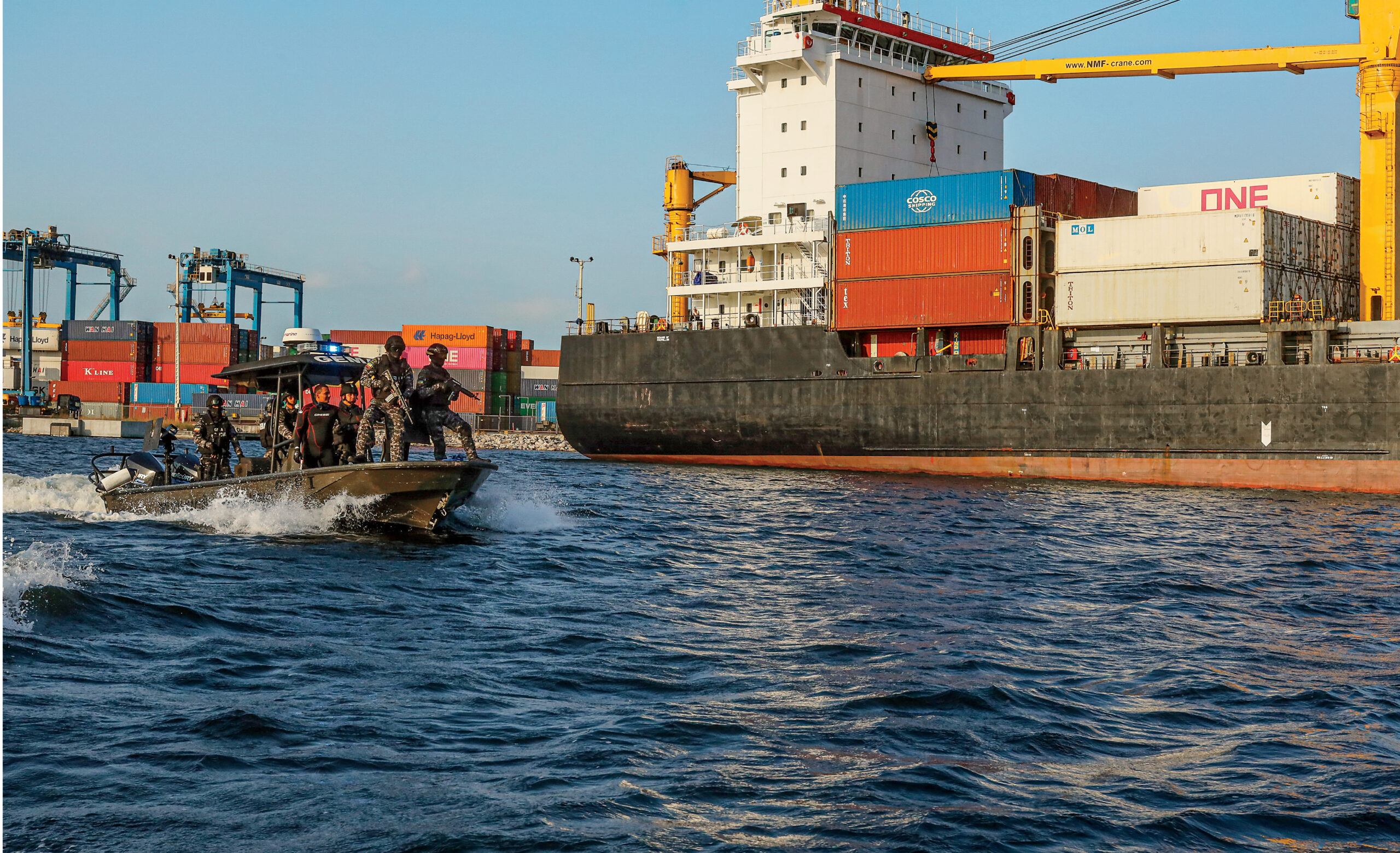President Cristina Fernández de Kirchner Looks at "Challenges of the Hour"
President Cristina Fernández de Kirchner Looks at "Challenges of the Hour"
In a September 25 speech hosted by AS/COA, Argentine President Cristina Fernández de Kirchner outlined positive steps in her country in recent years, including a drop in unemployment, one of Argentina's longest periods of economic growth, and a focus on important sectors ranging from technology to energy.
During a speech delivered at a September 25 AS/COA luncheon, President of Argentina Cristina Fernández de Kirchner emphasized positive changes in her country’s economy and development since she first addressed the Americas Society/Council of the Americas in 2004.
At that time, she said, “Argentina was experiencing a different moment.” Fernández de Kirchner pointed out that problems then stemmed from the country’s 2001 default on debt obligations, leaving nearly a quarter of the Argentine population unemployed. In the 2004 debt exchange, said the president, Argentina “recognized more for its foreign investors than what Enron paid to its creditors here in the U.S.” She described the economic policy put in place at that time that focused on “twin surpluses:” managing fiscal resources and pursuing an aggressive export-oriented bias with the goal of a trade surplus. Since then, unemployment in Argentina has dropped to its current rate of 7.8 percent, the country has developed reserves in the Central Bank, and Argentina is witnessing one of its longest consecutive periods of growth—a rate upwards of 8 percent.
Looking at the current state of the Argentine economy, Fernández de Kirchner outlined her government’s recent decision to renegotiate and repay Argentina’s debt to the Paris Club. She noted that the country had previously repaid its debt to the International Monetary Foundation, and she highlighted this week’s announcement that her administration is considering a proposed deal with holdout creditors who rejected the country’s 2005 sovereign debt exchange. She noted that the proposal, involving three major banks, offered even more favorable terms than in 2005. “These three banks also decided to join a liabilities management strategy that would secure full financing of our maturities of the years 2009 and 2010,” she said.
As she continued to describe the Argentina’s current outlook, Fernández de Kirchner emphasized the country’s focus in the fields of biotechnology and software, saying those sectors serve as “the ones that have shown the highest rates of new enterprises and firms in Argentina between 2003 and the present date.” Her government recently adopted a law allocating 6 percent of the budget to education and including a scholarship program encouraging careers in science and software development. She noted that the country has established the Ministry of Science, Technology, and Productive Innovation to help overcome the divide between science and industry. Argentina serves as the only Latin American country to have three Nobel Prize winners in the field of science, noted the president.
“Integration is one of the key factors for development,” said Fernández de Kirchner, who underlined the importance of Mercosur. She also noted that, despite a long-time rivalry between Brazil and Argentina, the two countries are now increasing ties and have created a joint energy program. She detailed a hydroelectric program that will help to create an energy corridor in Argentina and through which the country has achieved energy security. Fernández de Kirchner pointed toward U.S. President Franklin Roosevelt’s focus on public works through the “New Deal” as a model for Argentina.
“We should all keep our minds open to deal with the challenges of the hour,” said Fernández de Kirchner, proposing that “we should develop new instruments” to generate wealth and consumption.
In a question and answer session following her remarks, the president responded to questions about inflation and possible economic challenges. Listen to the audio of her remarks.
During the week of the UN General Assembly, AS/COA hosted several presidents. Click here to learn more about these programs.






